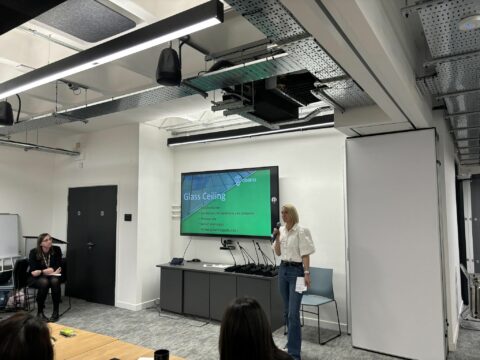Embracing inclusive work culture: the evolution of modern employment – panel discussion
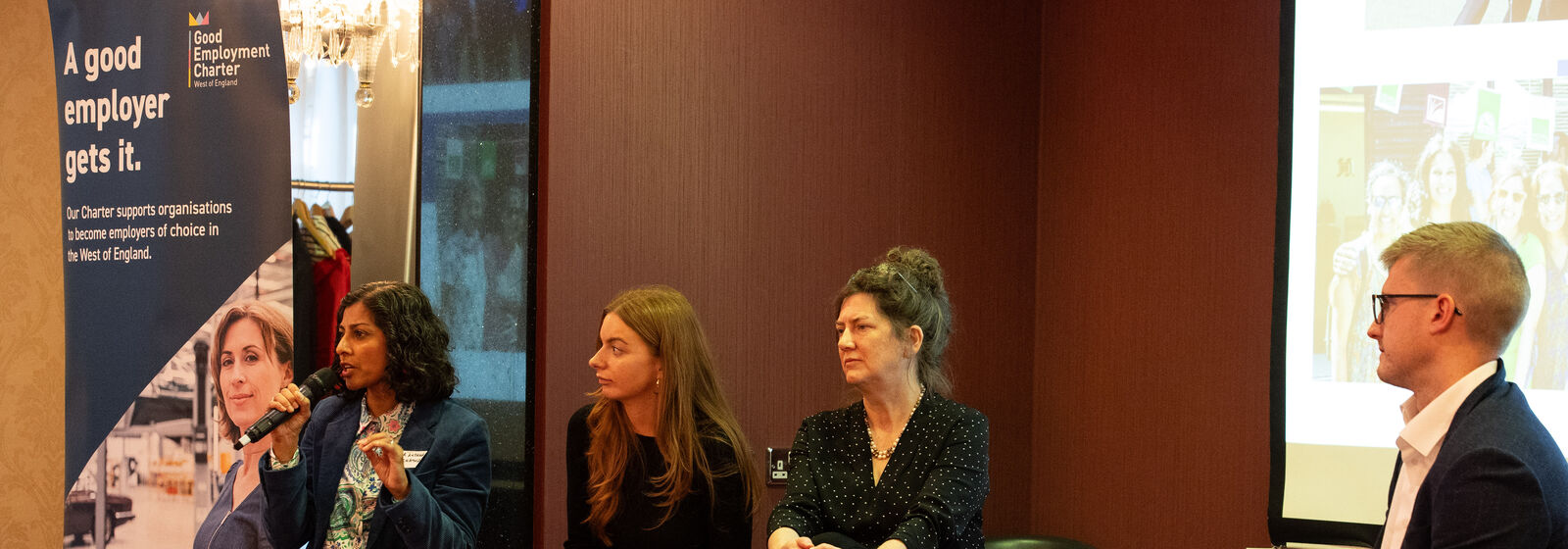
In the dynamic landscape of contemporary workplaces, the evolution of the workforce has sparked a reimagining of what constitutes an inclusive and progressive work environment.
At our inaugural Good Employment Summit, we asked a team of experts to form a panel to discuss what can be done to make the workplace more inclusive.
The panel made up of Sarah Jackson OBE, Dr Anjana Khatwa and Lisa Smith (We the Curious) spent time answering a range of questions to provide us with new perspectives on ways of working. The focus was on fostering an inclusive workplace culture, redefining recruitment approaches, and embracing flexibility in work practices.
Q: How can employers create a cultural situation that enables inclusivity?
A: Cultural inclusivity: a collective responsibility
The panel challenged the notion that creating an inclusive culture is solely the responsibility of HR. Instead, it emphasised that CEOs and organisational leaders play a pivotal role in fostering a culture of inclusivity within their organisations. By standing up and initiating change, these leaders can set the stage for a more inclusive environment.
Practical solutions over theoretical strategies
In examining strategies, the conversation highlighted the need for practical solutions over theoretical plans. Often, a practical direction with actionable steps can be more effective in creating an inclusive culture than theoretical frameworks.
Space redesign for diversity
Diversity extends beyond hiring practices; it includes physical spaces within the workplace. Addressing the lack of spaces for diverse needs like prayer rooms, gender-neutral toilets, and breastfeeding areas is pivotal in accommodating a diverse workforce. Additionally, the need to provide different working spaces for varied working styles, such as quiet workspaces and adaptable desks, was emphasised.
Redefining workplace socials
Moving away from exclusive after-hours drinking sessions to accommodating social activities during working hours can foster better participation, acknowledging the diverse responsibilities employees might have outside of work and also supports those employees who don’t like, or choose not to drink alcohol.
Inclusivity in holidays and lived experiences
The discussion shed light on the imbalance in bank holidays, mostly linked to Christian traditions. Opening up structured holidays to accommodate the significant days of other religions was recommended to create a more inclusive environment. This also has benefits to the productivity of the business as it can reduce the need to shut down over bank holidays.
Shifting the paradigm in recruitment
Another significant point the panel made was the necessity to rethink the recruitment process.
Recognising that some professions might not be attractive to ethnically diverse people, the conversation emphasised leveraging lived experiences and transferrable skills to open doors for diverse candidates.
Q: What more can we do to support and ensure flexibility in the job description?
A. Move towards candidate-centric flexibility
The discussion emphasised the need to move towards a candidate-centric approach when creating job descriptions. For example, rolling all bank holidays into one, allowing staff to take time off as they wish, was hailed as a move towards immediate inclusivity. The implementation of a 'Parental Fog Index' was proposed, aiming to clear the ambiguity surrounding parental policies commonly found in job descriptions. It’s no longer enough to just state ‘we have parental policies in place’ they need to be clearly defined.
Transparency and visibility
A critical aspect highlighted was the need for transparency in the job descriptions and company culture, even before a candidate applies. Potential employees should have a clear view of what to expect regarding the work environment and benefits.
All staff in the organisation should have full knowledge of the policies in place so if answering queries from potential candidates, they will be confidently able to articulate the benefits. Company culture plays a key role in this.
Proactive information sharing
The conversation demonstrated the importance of proactive information sharing. Instead of waiting for candidates to enquire about policies during interviews, employers were encouraged to share comprehensive details upfront. Understanding and addressing what candidates are seeking from the business owner and offering a glimpse into what it's like to work with the organisation can significantly impact the decision-making process.
Shaping the future of job descriptions
In a rapidly changing job market, where job seekers are increasingly discerning about their choice of employers, crafting job descriptions has evolved beyond merely listing roles and responsibilities. It's now about illustrating an inclusive, supportive, and transparent work environment.
Q: What positive outcomes have come as a result of increasing diversity in the workforce?
A. Cultural shifts beyond visible numbers
While diversity efforts haven't immediately led to a significant increase in people of colour (POC) sitting on boards or applying for jobs, there is a cultural change taking place in many organisations. The subtle transformation is not easily quantifiable but reflects a significant shift in mindset and internal dynamics.
This is also demonstrated by senior leaders across the UK. C suites are now starting to acknowledge and embrace of the necessity for change. This commitment is imperative to fostering diversity in organisations and creating a cultural shift, impacting every aspect of the workplace.
Fostering confidence and understanding
One of the remarkable outcomes of a diverse workforce has been the creation of a culture where staff members feel more confident in engaging with individuals from every community. The heightened understanding of diverse needs has contributed to a more inclusive and supportive environment.
Q: What do we do if we get something wrong, or say the wrong thing?
A. Owning mistakes and learning
It’s important that we acknowledge the inevitability of errors. Everyone, regardless of role or position, will make mistakes. It's not about avoiding errors but rather about owning them, offering sincere apologies, and utilising the experience to learn and improve.
The shifting sands of acceptability
It’s important to remember that things are constantly changing. What might be deemed appropriate today might not hold true tomorrow. This emphasises the need for adaptability and continual evolution in our approach to inclusivity and diversity.
Leaders as pioneers in error management
The discussion highlighted the pivotal role of leaders in setting the tone for handling mistakes. Training senior leaders to confidently address and rectify errors is a crucial step towards fostering a culture where making mistakes is not seen as a failure but as a part of the learning process.
Cultivating a learning culture
It’s important to that a learning culture is developed within the workplace. It's not about eradicating mistakes but about nurturing an environment where mistakes are acknowledged, learned from, and transformed into opportunities for growth and development.
Q: What steps can we make to re-imagine the entire recruitment process?
A. Dismantling traditional norms
There’s a huge need to deconstruct outdated and ineffective recruitment norms. With the advancement of technology, the panel highlighted the disparity between conventional job postings and the expectations of today's job seekers. Job listings often lack crucial details, such as salary information, leading to disengagement from potential candidates.
Focus on purpose and benefits
The panel reinforced the significant shift that is needed, from merely outlining job responsibilities to highlighting the purpose and benefits of working with a particular organisation. It’s vital that the job descriptions explicitly state why a person would want to work for a company, the benefits involved, and the broader impact on the community.
Personalised interaction and assessment
Lisa Smith, from We the Curious, outlined how they have reformed their recruitment process. Instead of a traditional CV and cover letter, applicants are instead asked to answer three questions. Candidates can answer them in whatever way they wish, whether that be written, video format, a phone call, or voice notes.
If a candidate is successful, they will be sent the interview questions in advance. There is no need for the candidate to prepare for the interview, but instead it gives them an opportunity to understand more about what will happen on the day, and hopefully enable them to feel more comfortable.
Unsuccessful candidates are given detailed feedback as to why they weren’t chosen at this time.
We the Curious also enable the candidates to choose how they wish to be interviewed – virtually or in-person, and what time. This personalized approach is intended to provide a more holistic understanding of a candidate's personality, skills, and suitability for the role.
There is a clear need for a shift in the way organisations view and approach their workforce. Creating inclusive cultures, revamping recruitment strategies, and adapting to the evolving needs of employees will be instrumental in driving the success of the modern workforce. Embracing diversity not only reflects social responsibility but also ensures a more innovative, adaptable, and successful organisational future.
We’d like to extend a huge thank you to each member of the panel for this incredibly insightful session.
To find out more about the Good Employment Charter initiative and be part of this transformative journey, get in touch with the friendly team today.
Related Articles
Count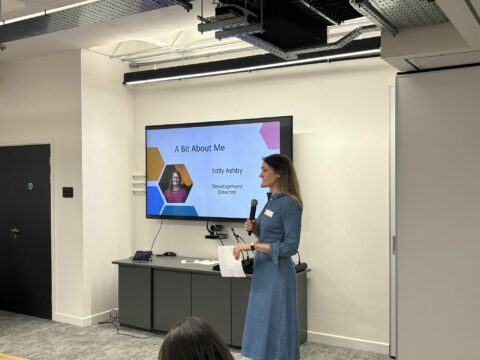
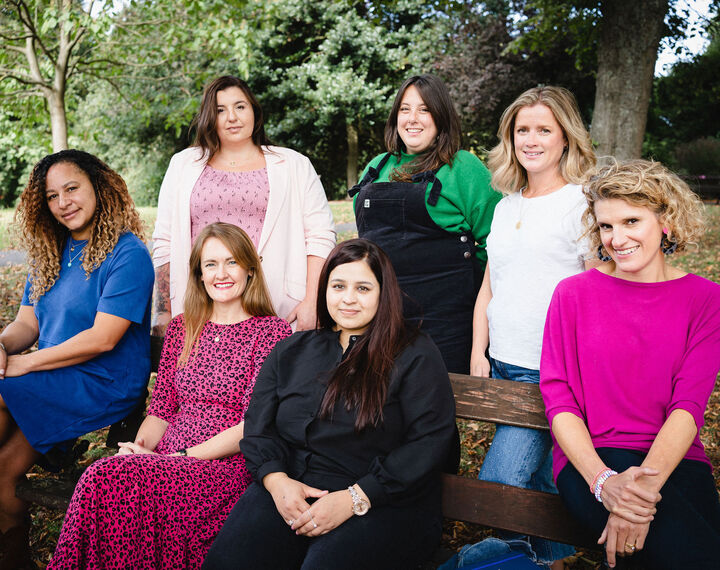 Published date19 February 2024
Published date19 February 2024  Published date6 April 2022
Published date6 April 2022  Published date6 April 2022
Published date6 April 2022  Published date12 September 2024
Published date12 September 2024  Published date6 April 2022
Published date6 April 2022 
 Published date12 April 2022
Published date12 April 2022 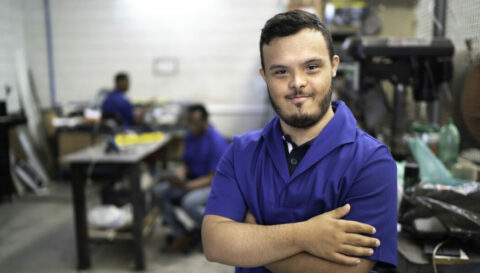
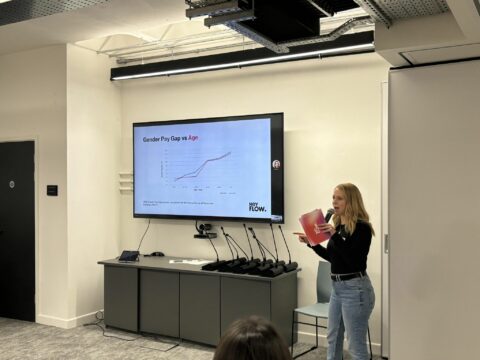
 Published date13 June 2022
Published date13 June 2022  Published date12 September 2024
Published date12 September 2024 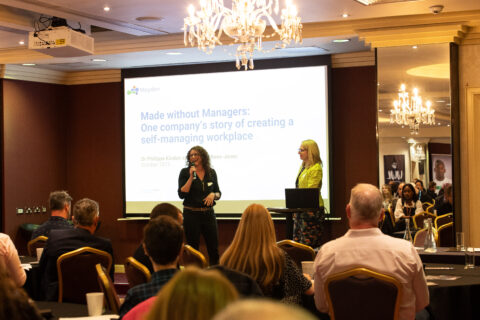
 Published date13 June 2022
Published date13 June 2022  Published date30 May 2022
Published date30 May 2022 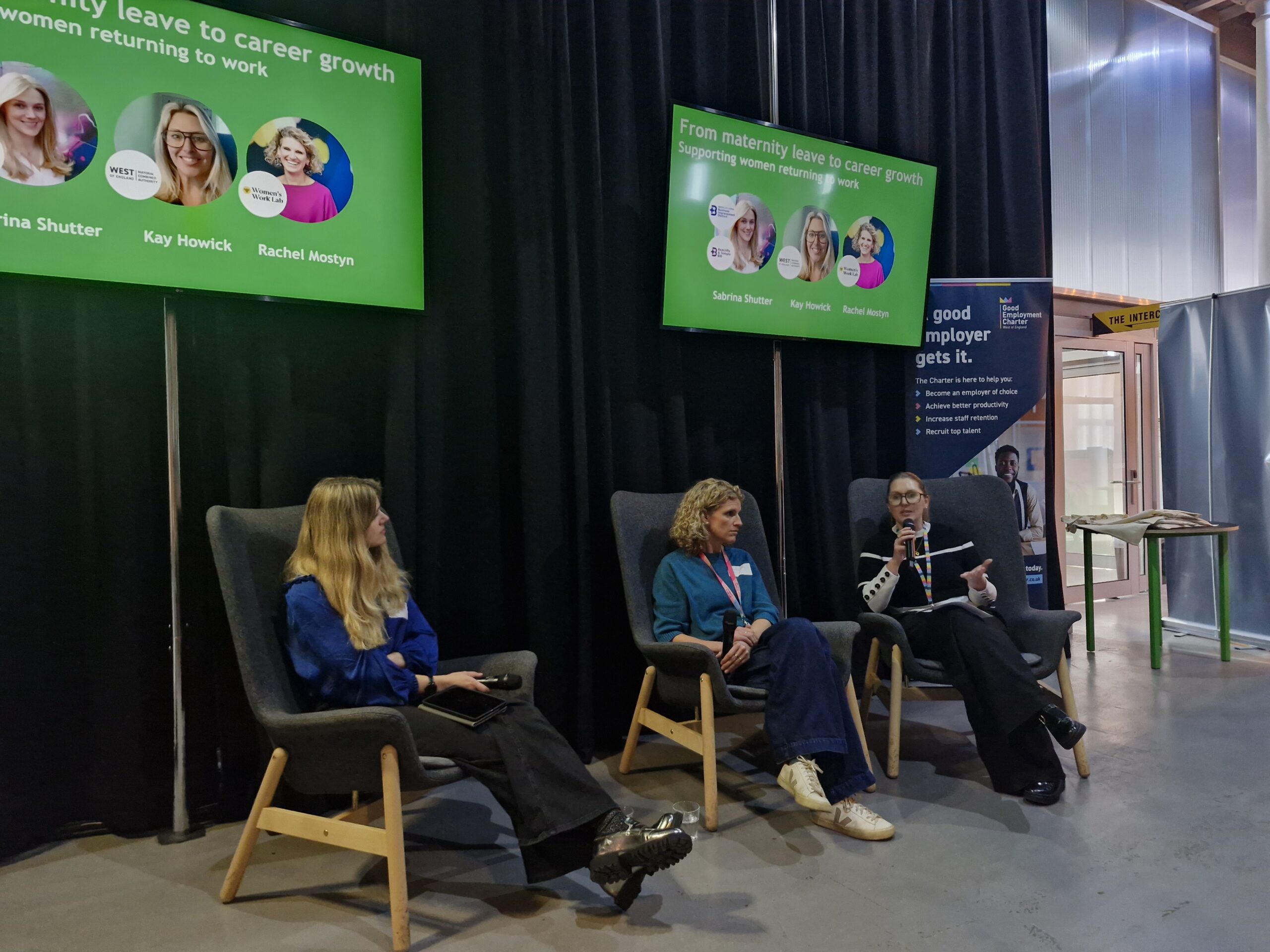 Published date12 March 2025
Published date12 March 2025 